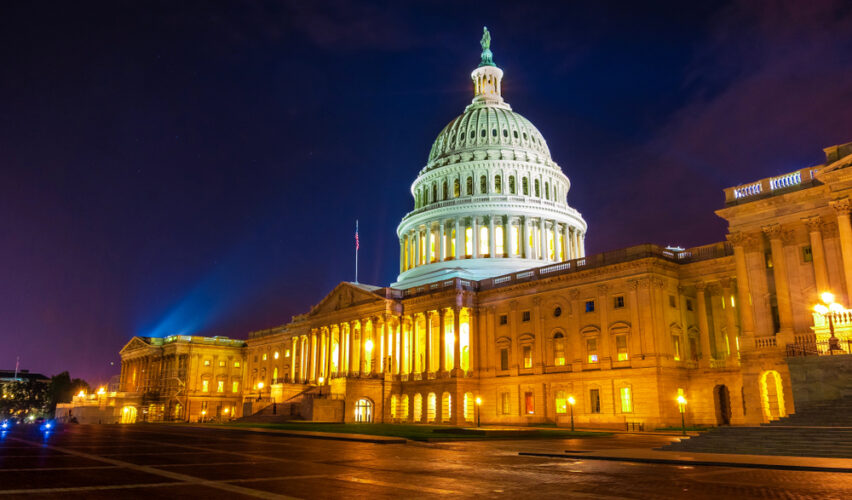President Trump’s tax bill has advanced to the House floor for a vote. Following a rare Sunday night vote on May 18, the House Budget Committee narrowly advanced the bill. This positions the bill for a potential full House vote by the end of the week, aligning with House Speaker Mike Johnson’s goal to pass it before the Memorial Day holiday on May 26, 2025. Much of the language surrounding proposed federal benefits cuts has been revised.
FERS Contribution Rate
In the latest draft of the bill, published Monday morning, the proposal to standardize the FERS contribution rate to 4.4% has been eliminated. This means that employees hired prior to 2014 will remain grandfathered in at their current rate and not be subject to an increase.
Retiree Annuity Supplement (RAS)
The “one big beautiful bill act” originally called for an end to the RAS “at the time this act is enacted,” but that date has been changed to January 1, 2028, and still exempts those subject to mandatory early retirement. This will no doubt be welcome news for those who have accepted VERA or who are retiring September 30 under the Deferred Resignation Program.
High-5 Annuity Calculation
Another change to the bill’s language delays the transition from the high-3 annuity calculation to a high-5 formula until January 1, 2028, one year later than originally proposed. Employees weighing their retirement options would have an additional year to take advantage of both the more generous high-3 calculation and the retiree annuity supplement.
Proposed federal benefits cuts that remain unchanged in the latest draft include a FERS contribution rate for new hires wishing to preserve their civil service protection, charging a fee to file a case with the Merit Systems Protection Board, and auditing participation in the FEHB.
Democrats voted en masse against the bill in committee, opposed to the deep cuts to Medicaid and SNAP, which they argue harm lower-income Americans. They also criticize the process as rushed and lacking transparency, with votes scheduled late at night to avoid scrutiny. Nonpartisan analysts, like the Committee for a Responsible Federal Budget, estimate the bill could add $3.3 trillion to the national debt over a decade, contradicting White House claims that it won’t raise the deficit. Some conservative Republicans, including members of the House Freedom Caucus, initially blocked the bill on May 16, 2025, demanding deeper spending cuts to address the $36.2 trillion national debt.


























